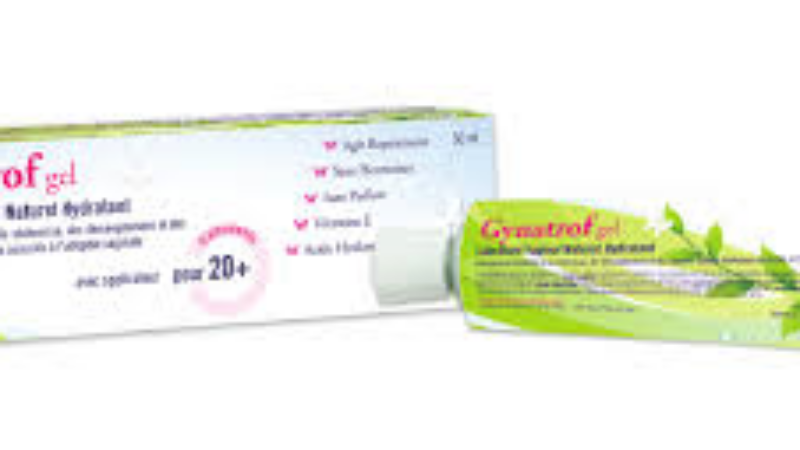A recent article in Newsweek which sports the headline “Crazy Talk: Oprah, Wacky Cures & You” on the cover — takes Winfrey to task for offering medical tips on her show that the magazine suggests are ineffective and possibly dangerous. Episodes in question feature Suzanne Somers (who Oprah states that “Many people write..off as a quackadoo,”) discussing hormone therapy and Dr Christiane Northrup, an ob-gyn, who advises on alternative therapies and a focus on the mind/body connection. The article does applaud regulars Dr Mehmet Oz (a physician) and trainer Bob Greene for their sound advice on nutrition and weight loss.
Is the criticism warranted? According to Oprah, who responded to the magazine’s article that condemned the medical advice given by some of her guests, she said she’s not endorsing any method, but rather putting out information for her viewership to consider. “For 23 years, my show has presented thousands of topics that reflect the human experience, including doctors’ medical advice and personal health stories that have prompted conversations between our audience members and their health care providers,” Winfrey said in a statement. “I trust the viewers, and I know that they are smart and discerning enough to seek out medical opinions to determine what may be best for them.”
Does Oprah Promote Unsafe Health Practices?
As someone who’s been a Pharmacist for more than 20 years, the article struck quite a chord. My schooling and early follow up training, whether through distance learning or conferences always focused on conventional treatments and firmly cemented the belief that alternative therapies – whether from a naturopath or herbalist – were suspect. I didn’t even consider that alternative or complementary medicine might be worth a better look until I started experiencing health issues in my late 20s that couldn’t be rectified by allopathic (conventional medicine). A consultation with a naturopath and several months later, I was not only feeling better, but also able to understand the cause of my symptoms. Rather than just treating the symptoms, I was able to understood how lifestyle choices were contributing to the problem. By incorporating changes in diet and exercise and managing stress, I not only resolved my health issues, but was empowered in managing my own wellness.
Thankfully, the medical system has moved on since then. Training for medical professionals including pharmacists, now incorporates modules in alternative and complementary treatments. And there is wider recognition that lifestyle choices, stress and emotional wellness can have a significant impact on one’s health. People are looking for alternatives – you only have to walk into a drugstore today to witness the explosion in ‘natural and alternative treatments. There is a need for sound and objective information; it really is time for healthcare professionals to look beyond the way we’ve dispensed advice for so many years. Sadly, we still aren’t where we need to be.
Where We Need To Go
Rather than instantly bashing alternative medical practices and treatments, wouldn’t it be better to accept that some are worth considering? It’s easy to dismiss treatments due to the lack of clinical studies, but if current options aren’t delivering, it surely is worth it to fund research that may yield results. Many ‘alternative’ remedies are rooted in traditional cultures and have been used for centuries. In fact, a good many of our patented drugs are derived from the plants and practices employed by these cultures.
One of the obstacles of course, is the way that research is funded and drugs patented. However, that’s a story for another post. It’s important to find a way for allopathic, complementary and alternative medicine to work together. The objective after all, is the same for everyone – health and wellness, delivered safely.




